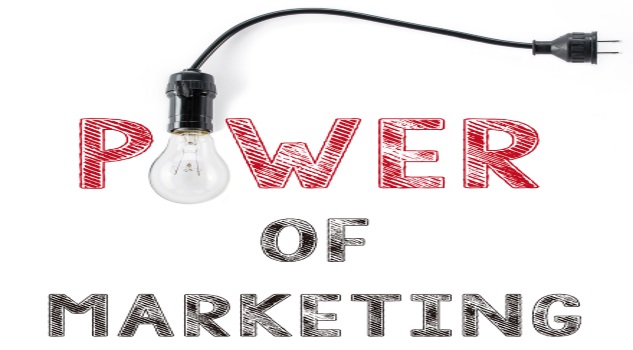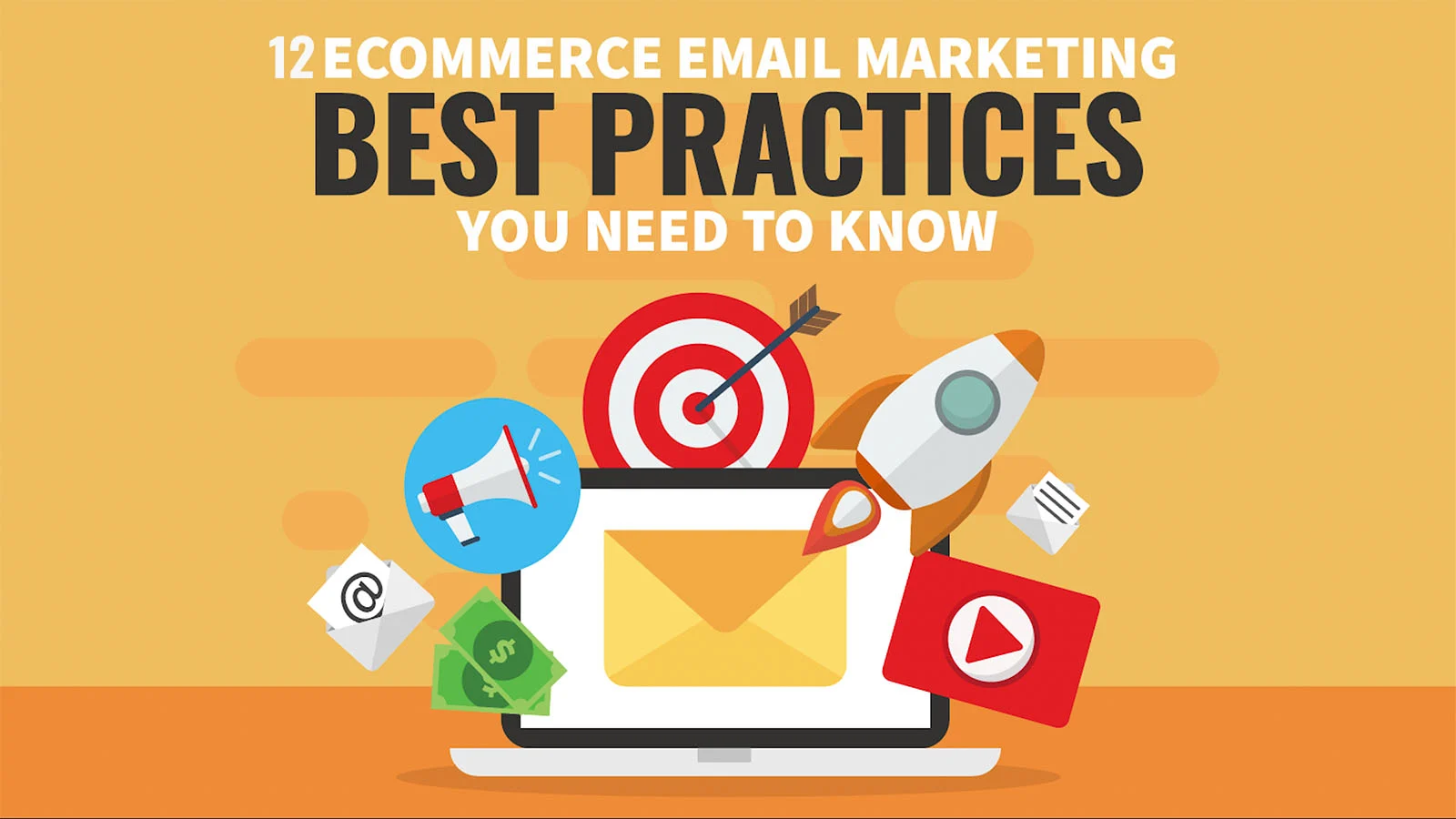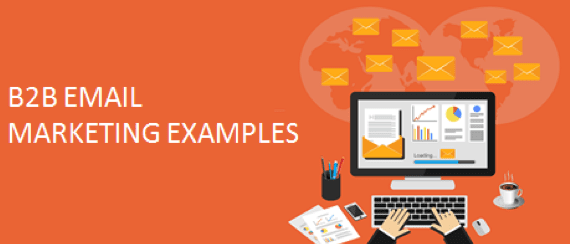The Power of Marketing: Connecting Brands, Engaging Audiences, and Driving Success
Marketing is a dynamic and essential component of any successful business strategy. It serves as the bridge between brands and their target audiences, allowing companies to communicate their value, establish relationships, and drive growth. With its vast array of tactics and channels, marketing has the power to shape consumer perceptions, influence purchasing decisions, and propel businesses towards success.
At its core, marketing is about understanding and meeting the needs of customers. By conducting market research and analyzing consumer behavior, businesses can identify target audiences, uncover insights, and develop effective strategies. Through branding, advertising, and communication efforts, marketing aims to create awareness, build trust, and differentiate products or services in a competitive marketplace.
One of the key aspects of marketing is creating a strong brand identity. Brands represent the values, personality, and unique selling propositions of companies. Effective branding helps businesses establish a distinctive presence in the market and build an emotional connection with consumers. Through consistent messaging, visual elements, and brand experiences, marketing creates a compelling narrative that resonates with target audiences and fosters brand loyalty.
In the digital age, marketing has evolved to encompass a wide range of channels and strategies. Digital marketing leverages the power of the internet, social media, and technology to reach and engage audiences. From search engine optimization and content marketing to social media advertising and influencer partnerships, digital marketing offers a plethora of tools for businesses to connect with consumers in real-time and on a global scale.
Furthermore, marketing plays a critical role in driving sales and revenue generation. Through strategic pricing, promotions, and distribution channels, marketing ensures that products or services reach the right customers at the right time. By analyzing market trends, consumer preferences, and competitive landscapes, marketing helps businesses develop effective sales strategies and optimize revenue streams.
In addition, marketing fosters customer engagement and relationship building. By listening to customer feedback, responding to inquiries, and providing personalized experiences, businesses can nurture long-term relationships with their customers. Through loyalty programs, customer relationship management systems, and targeted marketing campaigns, companies can deepen customer loyalty, encourage repeat purchases, and generate positive word-of-mouth.
However, marketing is not without its challenges. With ever-evolving consumer behaviors and market dynamics, marketers must stay agile and adapt their strategies accordingly. The increasing digitalization of marketing requires continuous learning and expertise in emerging technologies and platforms. Moreover, ethical considerations, such as data privacy and transparency, are crucial in maintaining consumer trust and loyalty.
In conclusion, marketing is a powerful tool that connects businesses with their target audiences, drives sales, and cultivates customer relationships. It encompasses branding, advertising, digital strategies, and customer engagement efforts. Through effective marketing, businesses can create a strong brand identity, differentiate themselves in the market, and build lasting connections with consumers. As the business landscape continues to evolve, marketing will remain an essential driver of success, enabling companies to thrive in a competitive marketplace.









